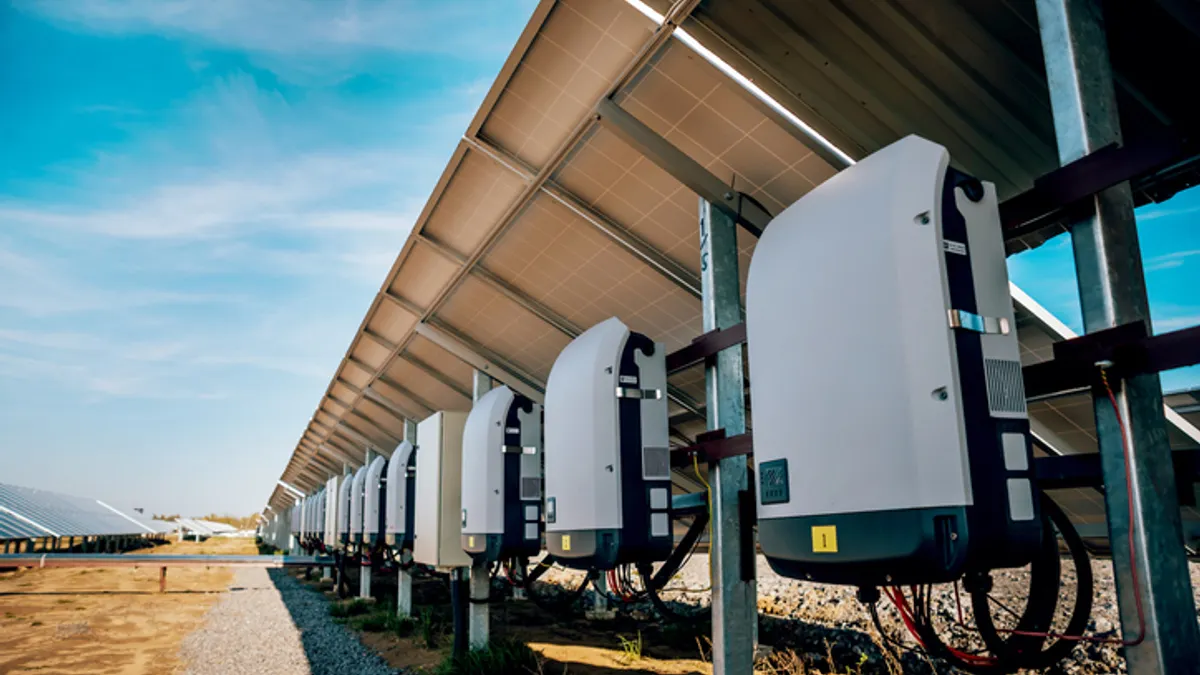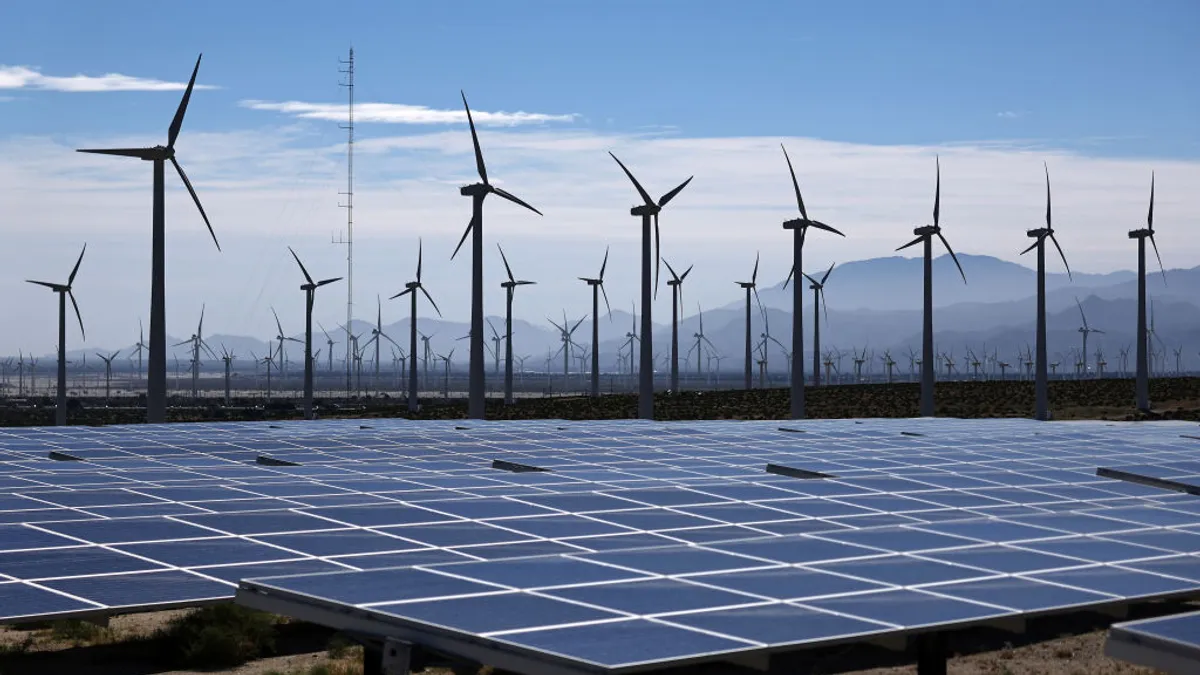Dive Brief:
- The Minnesota Star Tribune reports regulators will hold a hearing on Friday, and could issue a decision next Thursday, on whether to update the social cost of carbon used to determine how the state will generate electricity.
- Minnesota set a carbon cost in the 1990s, but it has not been updated in years, and currently sets the cost of a ton of carbon dioxide emissions at less than $5.
- Last year, an administrative law judge recommended Minnesota use the federal cost of carbon, determined in 2009.
Dive Insight:
Minnesota set its cost of carbon two decades ago, and since then it has tracked inflation — but perhaps not the most updated environmental science.
In 1997, Minnesota set the cost at between $0.30/ton and $3.10/ton of carbon dioxide, and it still caps at less than $5/ton. The federal cost of carbon ranges from $11/ton to $57/ton, reflecting social costs, and is frequently set at around $36/ton.
Environmental advocates, the Minnesota Pollution Control Agency and Minnesota Department of Commerce have recommended that the PUC use the 2009 federal values, but the state's largest utility is warning that such a change might dramatically impact what resources are built. But Xcel Energy declined an interview with the Star Tribune on the issue.
Last year the 7th U.S. Circuit Court of Appeals upheld the government's use of the social cost of carbon.
But President Trump, in March, signed an executive order directing the U.S. Environmental Protection Agency to review the Clean Power Plan and other greenhouse gas regulations for the power sector, while also directing the government to stop using the social cost of carbon.
The EPA web page for the social cost of carbon "is being updated," according to the site. Several pages focused on climate change and environmental science were also moved, removed or revised when the Trump administration took over the White House.













